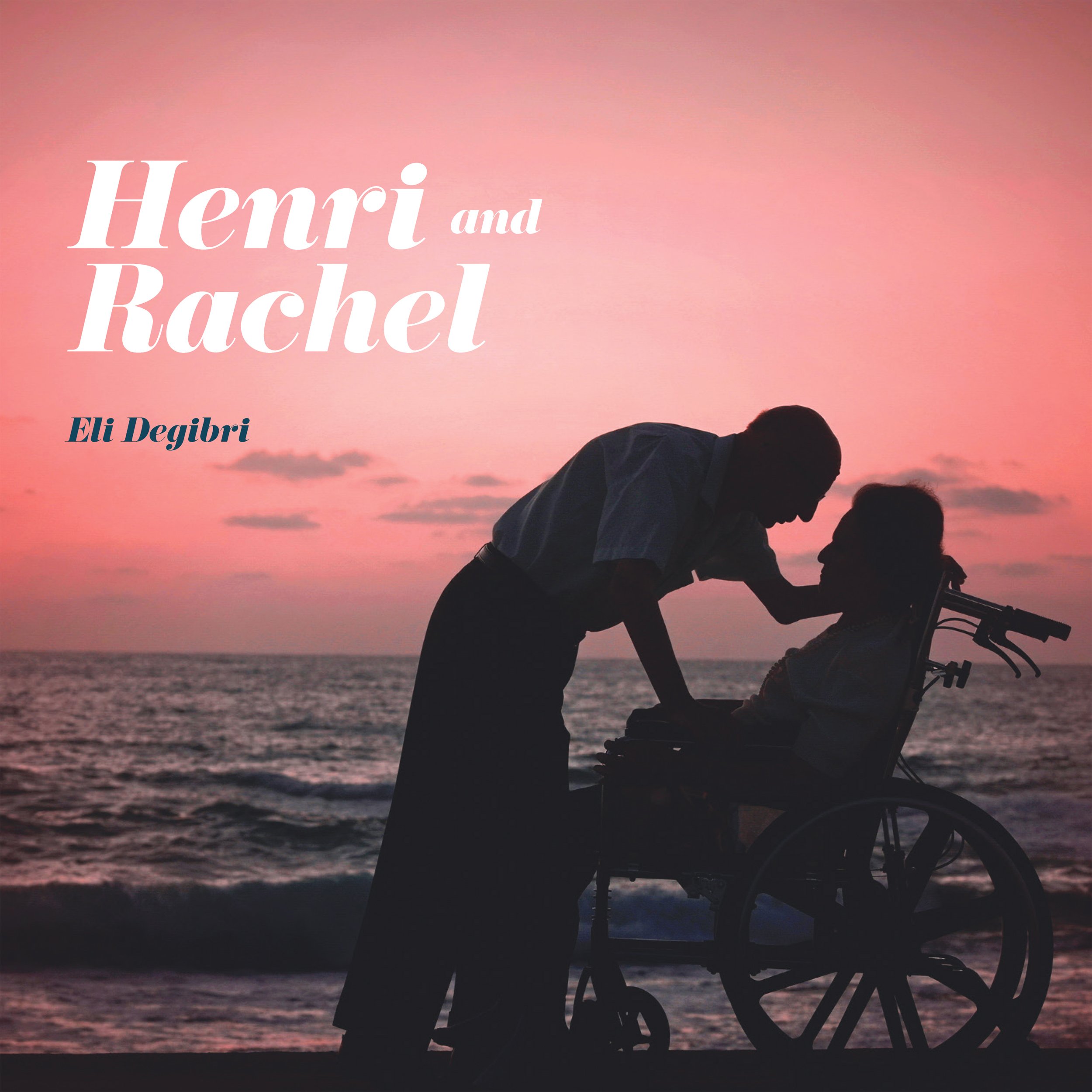Eli Degibri Offers an Ode to His Parents
Jul. 12, 2022
“Just like my parents who raised me to be who I am today, all my musical influences live inside me, in my bloodstream forever, as if they were my musical moms and dads,” Eli Degibri said. (Photo: Dan Balilty)
Israeli-born saxophonist Eli Degibri first began turning heads stateside after winning the 1999 Thelonious Monk International Jazz Saxophone Competition.
First to come calling was Herbie Hancock, who recruited the Jaffa native for his sextet, where Degibri remained for the next two-and-a-half years while playing music from the pianist’s Grammy-winning album Gershwin’s World. After moving to New York in 2002, the big-toned tenor saxophonist joined drummer Al Foster’s working quartet and remained a fixture of the group through 2011, appearing on 2008’s Love, Peace And Jazz! Live At The Village Vanguard.
Along the way, Degibri released two albums as a leader on the Fresh Sound New Talent label (2004’s In The Beginning and 2006’s Emotionally Available) and two more on Anzic Records (2008’s Live At Louis 649 and 2010’s acclaimed Israeli Song featuring Foster, Ron Carter and Brad Mehldau). After returning to his homeland in 2011, Degibri opened his own label, Degibri Records, releasing Twelve in 2014, followed by Cliff Hangin’ in 2016 and 2018’s Soul Station: A Tribute To Hank Mobley.
Now, he has released what is easily his most personal recording to date: Henri And Rachel.
Recorded on March 9, 2020, days before the onset of the pandemic, Henri And Rachel serves as a paean to parents. His father, Henri Degibri, a native of Bulgaria, died in the fall of 2020. And his mother, Rachel, a native of Iran, battles Parkinson’s and dementia.
Accompanied by pianist Tom Oren, bassist Alon Near and drummer Eviatar Sliavnik, the Tel Aviv-based saxophonist plays with a muscular authority on the title track, swings with Getzian grace on the delicate 5/4 “Don Quixote” and testifies on the gospel-tinged “Preaching To The Choir,” a potent number that reveals his strong affinity for the African-American church sermon experience.
Elsewhere on the recording, Degibri delivers a 5/4 version of the jazz standard “Like Someone In Love” that reflects his recent classical training. As he explained, “In the four years prior to the pandemic, I took classical piano lessons and counterpoint with Professor Menachem Wiesenberg, who is an incredible musician, teacher and encyclopedia of music of any kind. This period with him opened my eyes, ears and soul, and expanded the way I hear and write music.”
On soprano, Degribri conjures a stirring, meditative vibe on “Noa” and something more celebratory on “The Wedding,” both dedicated to his fiancé. He officially proposed to Noa on stage while performing these songs at the Red Sea Jazz Festival in Eilat, Israel, with his father in the audience, just four months before his passing.
Eli Degibri, Henri and Rachel available now.
A profoundly moving work, Henri And Rachel is Degibri’s musical love letter to his parents, whom he called “the main keys in my life,” citing their incredibly supportive nature from the time he announced his intentions to become a musician. “My father was not a jazz fan, but he was definitely my number one fan,” he said. “He could recognize my saxophone tone and compositions from a mile away. Many times when I had difficulties naming a new composition, I would play it to him and ask him for a name. He would nail it every single time. My mother loved music of any kind but mainly classical music. She even had a fantasy that I would become a classical pianist one day. The amount of love and support that I received from both my parents is rare. I wish this kind of unconditional love for every kid on this planet.”
Those deep feelings are evident on the uplifting, hymn-like title track, which incorporates a choir of wordless vocals that carry the buoyant melody before tenor saxophone and bass repeat the catchy refrain in unison. When Degibri launches into his powerful solos on this tune, it speaks of his primary tenor saxophone influences: Stan Getz, John Coltrane and Sonny Rollins. “They all find a way to come out at the right time and ‘accompany’ me with their presence,” he explained. “Just like my parents who raised me to be who I am today, all my musical influences live inside me, in my bloodstream forever, as if they were my musical moms and dads.”
The saxophonist added that starting his own label was an inevitable step in his development. “The face of the industry has changed tremendously, allowing many individual artists to take control of their own hands. As I grew older, I sought independence in my artistic and business decisions. I was also thinking about the options and possibilities of helping other young musicians with their dream of releasing their first albums.”
Those lofty goals are now coming to fruition for Degibri and his label. DB
Eli Degibri Offers an Ode to His Parents, Henri and Rachel. Featuring Tom Oren, Alon Near and Eviatar Slivnik.
For more information on Eli Degibri, visit the artist’s website.
Feature image courtesy Dan Balilty.
Author: Bill Milkowski
Publication: DownBeat Magazine


